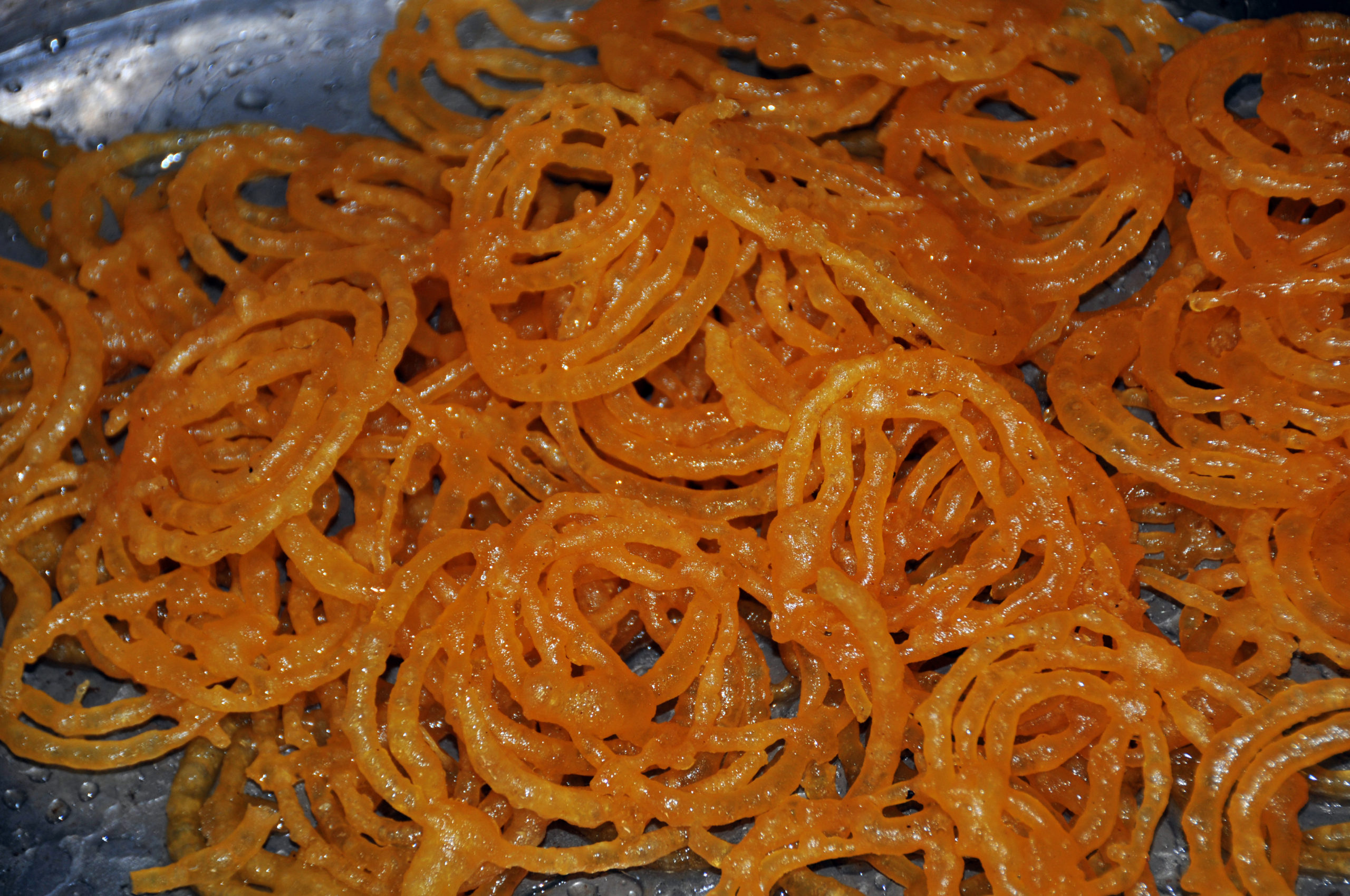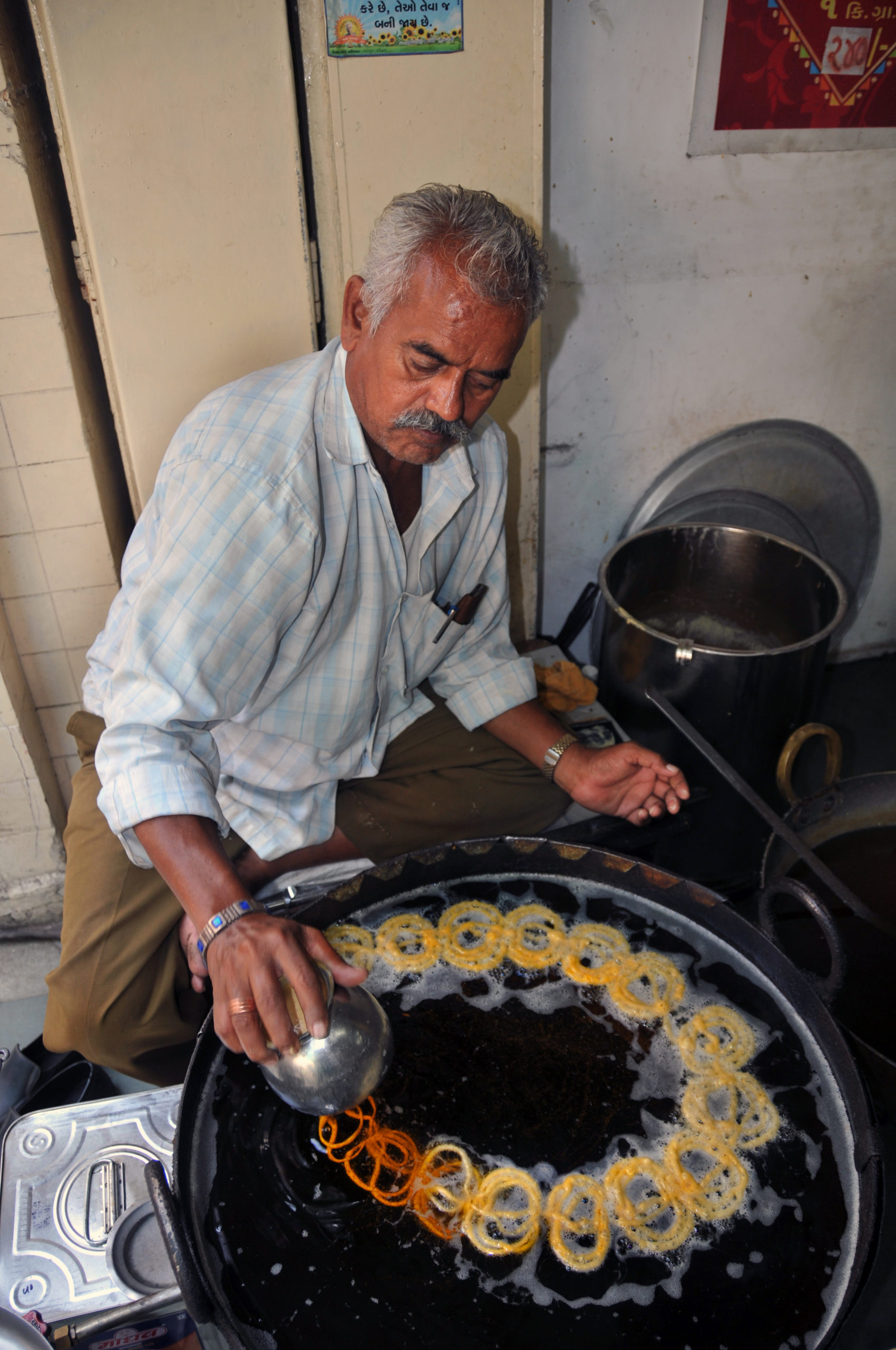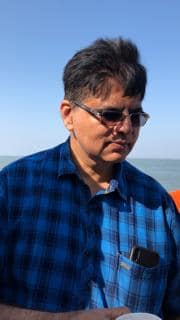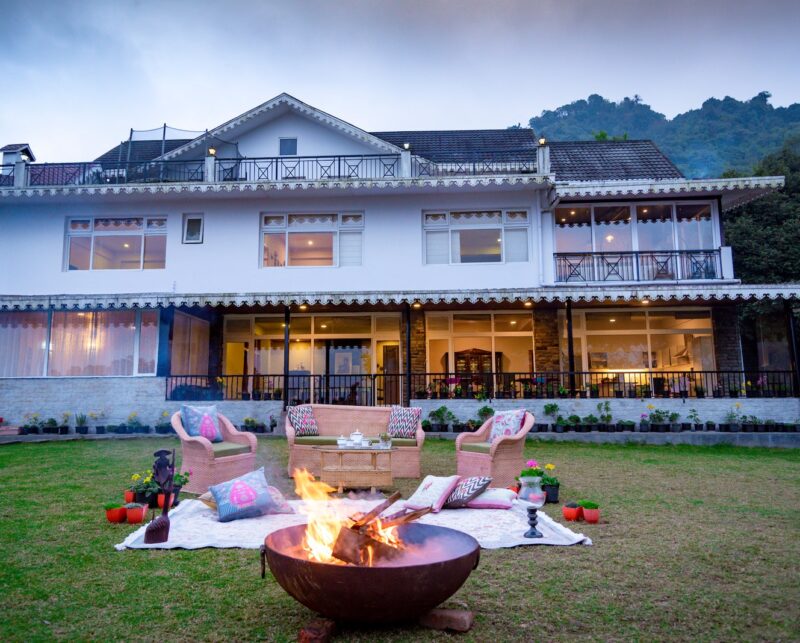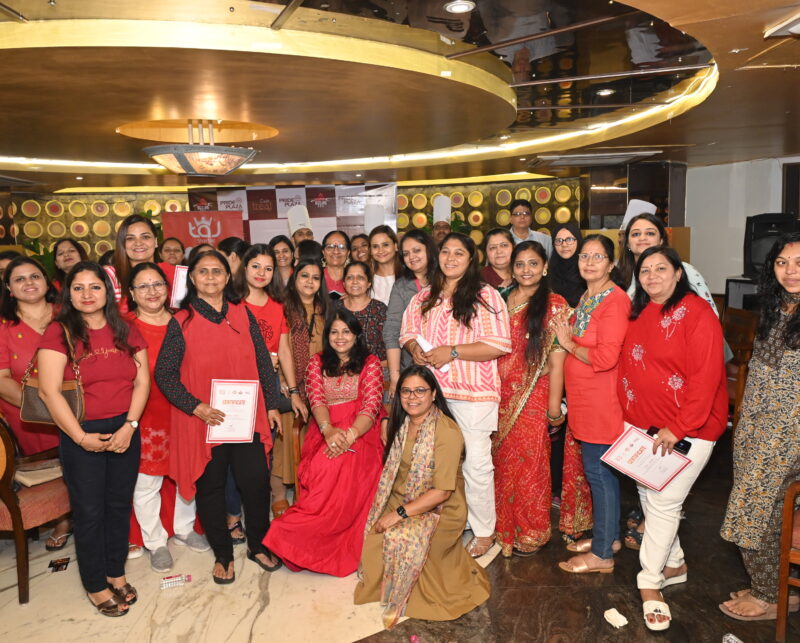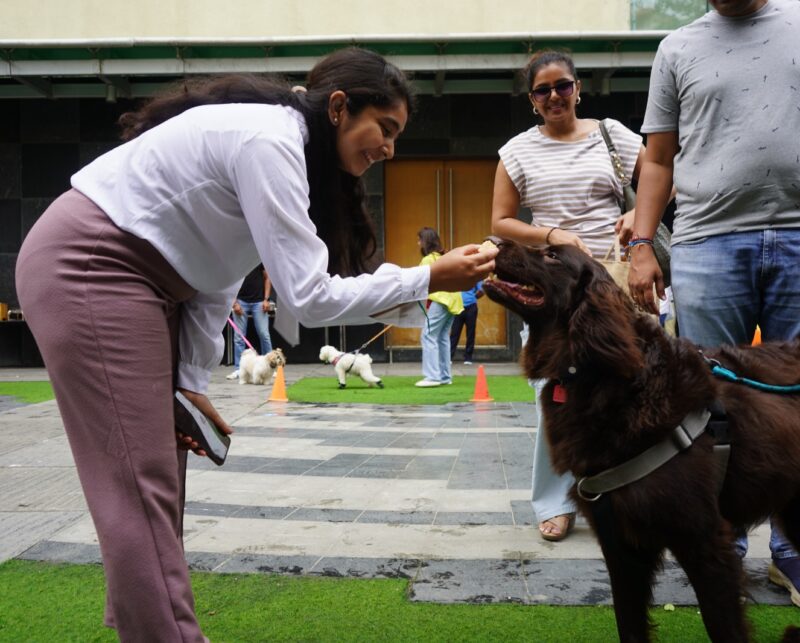Chai and coffee houses are places for social interaction. Long before cafes became cool in India, activists have gathered at such places to congregate, talk and discuss ideas. On 15th August 2020, we look at a few places associated with India’s independence movement.
Chandravilas, Ahmedabad
The Gujarati thali is a quintessential experience for most visitors to Ahmedabad. The thali presents a balance of colours, tastes and textures, comprising of farsans, three vegetable dishes, a dal or a kadhi , rotis, rice, sweets and accompaniments. This thali is said to have been first curated by Chimanlal Joshi, the founder of Chandravilas. Located near the markets around Manek Chowk, Chandravilas launched the thali in the early-1900s at one rupee. Appointed with French oak furniture and British-made fans, this became a favourite haunt of the merchants, the shoppers, and also the families from rural areas and small towns who came in to shop at Ahmedabad. They washed their hands at the copper wash basin before settling down to eat at the restaurant. It was also known for its variety of teas. Till toda, patrons swear by its dal and its jalebis, and its fafda – jalebi breakfast draws tourists visiting nearby monuments.
The present owners take pride in talking about the role of this restaurant in the freedom struggle and later the agitation for Gujarat’s statehood. They talk about how activists from Mahatma Gandhi and Sardar Patel to Indulal Yagnik came to Chandravilas for discussions over tea and snacks. The gathering of activists was called the `Bhajiya Club’.
Though Chandravilas got burned and lost its grandeur, this is still one of the most popular places for snacking on fafda, gota, jalebi and chai.
Cooperative Indian Coffee House, Lucknow
Nicknamed the “maternity ward of political ideas” , this coffee house is also called the Soul of Hazratganj’. The reason for its nickname is that many leaders like Pt. Jawahar Lal Nehru, Dr. Ram Manohar Lohia, Feroze Gandhi, Atal Behari Vajpayee, Acharya Narendra Dev, Vir Bahadur Singh, Amrit Lal Nagar, Bhagwati Charan Verma, Majaz Lakhnawi, are known to have frequented this place giving birth to many ideas. There are many stories about how Vir Bahadur Singh when he was Chief Minister of Uttar Pradesh came here to understand the views of the common man or the USA Ambassador who insisted on reaching here by auto-rikshaw.
Though it now needs a makeover and has lost popularity to the new coffee bars, this is still a good place for snacking in an old-world setting.
Favourite Cabin, Kolkata
This was one of the many famous `Cabin Restaurants’ of Kolkata – a term used for restaurants whose floor plan included cabins with curtains or saloon-style doors for privacy. Independence activists would come here to discuss plots and plans, taking advantage of the privacy the closed cabins provided. Some of these cabin restaurants are still iconic places. There are many stories of how Prafulla Chandra Ray, Surya Sen and Netaji Subhas Chandra Bose frequented these cabins. Kazi Nazrul Islam, Bengali writer Premendra Mitra and author Shibram Chakraborty were among the intellectuals who frequented Favourite Cabin.
Nutan Chandra Barua and Gaur Chandra Barua set up Favourite Cabin in 1918 on Mirzapur Street, now renamed Surya Sen Street. Located near College Street, this became a hangout of many from college students to intellectuals and leaders.
Here bread is toasted on an iron rack in the open kitchen, just below a charcoal-fired open stove that is used to heat milk and water – the heat of the stove toasting the bread.
Apart from the Butter Toast and Tea, the must-haves at these cabin restaurants that are over a century old are the Kabiraji Cutlet, Prawn Cutlet, Fish Fry, Chicken Patties and Pancake. You could also get Mughlai Paratha, Kasa Mangso and Devilled Eggs at some of the cabins.


